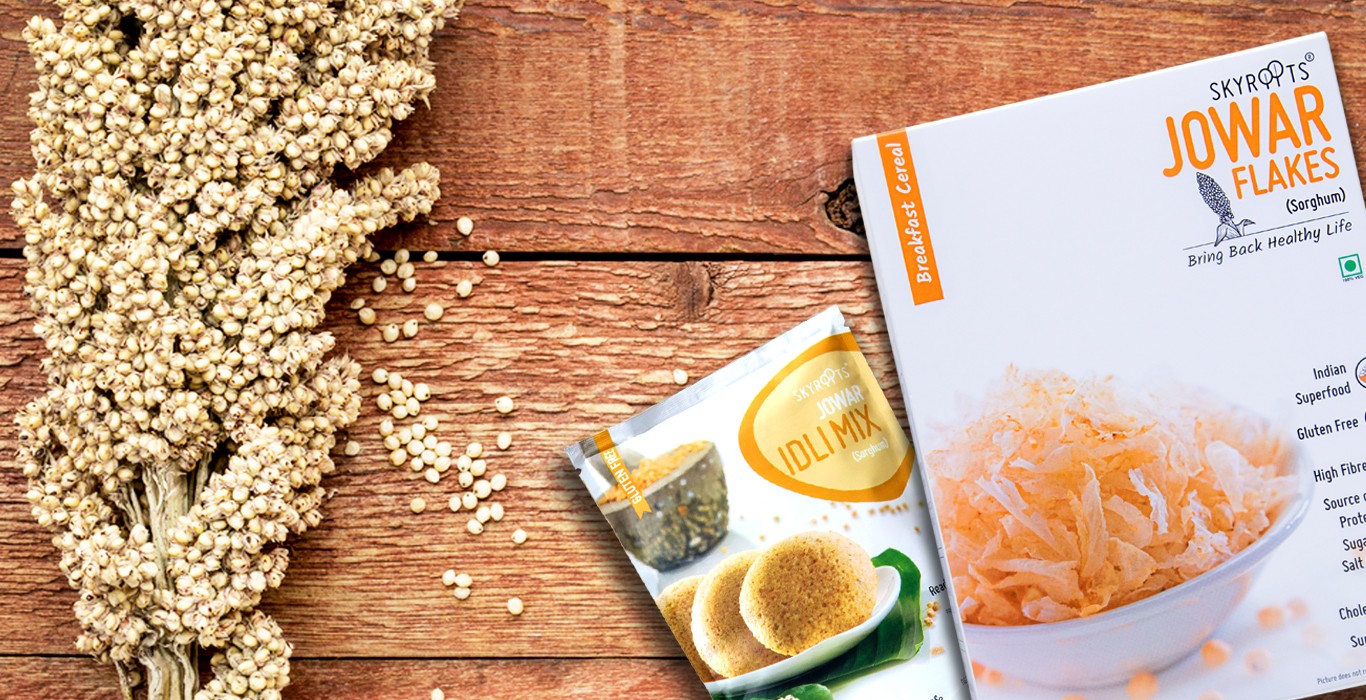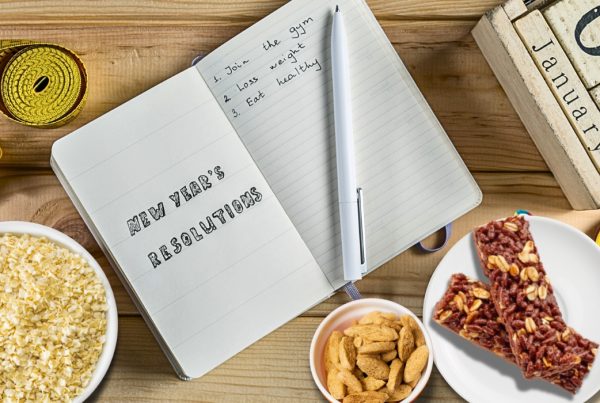Jowar is commonly known as sorghum in English, Cholam in Tamil Nadu and Jonna in Andhra Pradesh, and Juvar in Gujarat. It is the most versatile millet and has been used since ancient times in India. Jowar is generally found in tropical and subtropical climates. Research shows that jowar has been consumed for over 4000+years, so it has been rightly called an ancient grain.
Earlier people used to make roti, bhakri, and porridge from jowar but in the last couple of decades, it had lost its place in the Indian diet. These days as people have become more health-conscious, they have rediscovered the benefits of jowar and have started substituting wheat and rice with jowar. Jowar is a gluten-free and healthy alternative that is rich in fiber. Studies show that jowar is the fifth-largest cereal crop grown and consumed. You can consume it in all seasons, and it is readily available in any local store. Being gluten-free and power-packed with nutrition, it can be given to kids and old age people alike. It is loaded with nutrition, vitamins, and minerals. Jowar is good for a person with diabetes, or someone who has inflammation in the body or has cholesterol or blood pressure issues. It is a go-to grain when it comes to making healthy choices. Make sure at least 3-5 times a week you consume jowar in any form be it jowar flour, flakes, or puffed.
Studies show that it is the best grain if you’re trying to lose weight, as it improves digestion, boosts immunity, is a rich source of protein, controls blood sugar levels, is rich in iron, and is good for heart health. Its high fiber profile aids in weight loss, is easy to digest, and keeps you full for a long time. You can incorporate jowar in many ways – make pancakes, idli, roti, stuffed roti, jowar kanji, bhakri, or dosa.
How to start substituting jowar over regular wheat?
If you are new to the grain and want to substitute your regular roti with jowar roti, start using the half and half method, half jowar, and half wheat and then gradually swap wheat atta with jowar atta completely. Being gluten-free, It is best for people with gluten allergies and gluten intolerance which has become so common these days.
As jowar is available in various forms today, you can make a lot of interesting recipes with it. You can get jowar flakes to make poha, chivda, and buddha bowls, and you can use puffed jowar to make delicious chaat and bhel. Let’s make one of the most delicious and age-old recipes, Jowar upma.
For jowar upma you need:
INGREDIENTS
1 cup jowar
2 tbsp rava
1 glass buttermilk
3 tbsp ghee
1 spoon urad dal for tadka
1 tsp cumin seeds
1 tsp mustard seed
1 cup boiled green peas
1 cup capsicum
1 cup boiled carrot
1 cup chopped onion
Green chili to taste
5-6 Curry leaves
Pinch of hing
Salt as per taste
1/2 tsp sugar
1/2 tsp turmeric powder
Coriander and crushed coconut for garnish
METHOD:
- Heat a little ghee in a nonstick pan.
- Prepare tadka, add mustard and cumin seed & urad dal, let it crackle, add curry leaves and coriander leaves.
- Add the jowar flour, rava, onion, and capsicum, and dry roast it till you smell the aroma.
- Add masala and mix well.
- Add all the veggies and green chili.
- Add buttermilk and keep stirring so there are no lumps
- Stir and cook for 2 mins.
- Cover the pan, cook it on low flame for some time
- Garnish with coriander leaves and crushed coconut
- Serve hot.
Serving Tip: Before serving add roasted peanuts, raw onion, and drizzle some ghee.
Jowar upma is commonly made in the Indian kitchen for breakfast, it gives a healthy start to the day and keeps your energy levels high. It is rightly said, breakfast is the most important meal of the day and you should make healthier choices for breakfast. People globally have started including jowar in their meals and it has gained a lot of importance as people are now conscious eaters and have started making mindful choices.
Do include jowar in your daily meals. Many times simply substituting the grains or flours with jowar flour will increase your consumption. Make a conscious effort to add jowar flour in Rotis, substituting flours like maida with jowar or other millet flours and using jowar flakes for your chivda or health bars to see the health benefits
It is time to start eating mindfully to stay healthy and fit.







